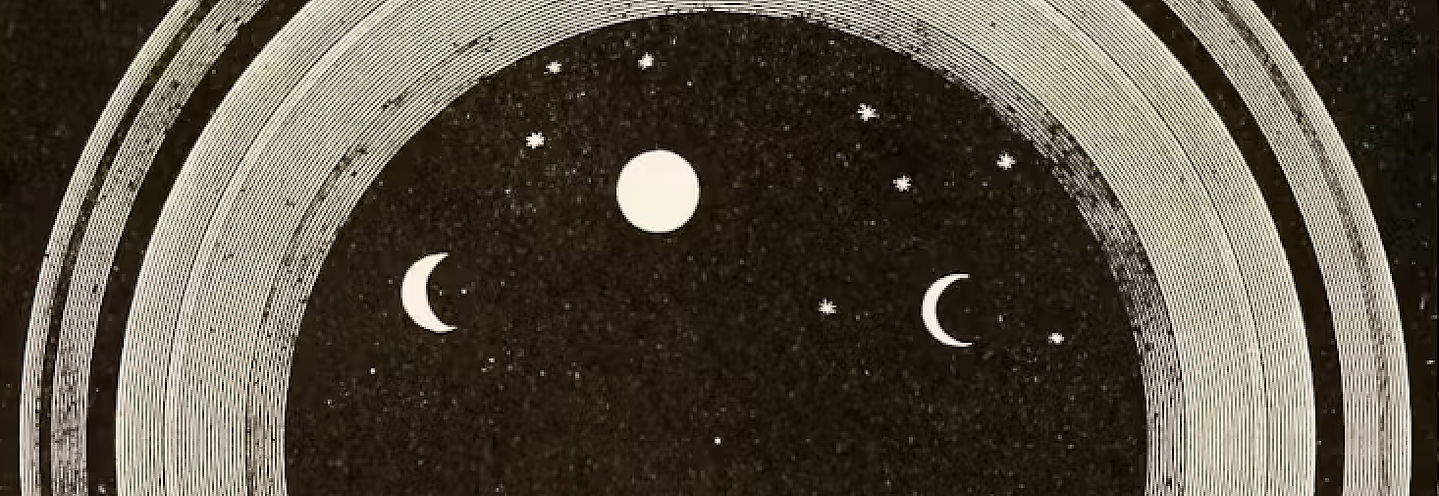The Moon at My Window - On Solitude
- gabrielgarciamft
- Jan 1, 2020
- 3 min read

The thief left it behind: The moon at my window. -Ryōkan
Regardless of who you are you will experience loneliness and being alone. Sometimes this is by choice, sometimes by circumstance. When the social world recedes, we find ourselves in the throes of quiet, with an empty expanse of void awaiting us.
The pain of loneliness, is also the the unfolding of the matrix between ourselves and the rest of the universe. We sense we are alone very early on, the frustration of being misunderstood, the abandonment of others asks us to address one of the most fundamental questions which is rarely discussed: “how do you want to be alone?”... There is medicine in solitude.
Octavio Paz tells us, “Love is one of the clearest examples of that double instinct which causes us to dig deeper into our own selves and, at the same time, to emerge from ourselves to realize ourselves in another: death and re-creation, solitude and communion…In the life of every (hu)man there are periods that are both departures and reunions, separations and reconciliations. Each of these phases is an attempt to transcend our solitude, and is followed by an immersion in strange environments.” -The Labrynth of Solitude.
Rainer Maria Rilke dives into this question through the lens of love in a different way than Paz. Instead of staving off loneliness he posits a philosophical stance which harkens to the existential: though we are always interconnected, we fundamentally wrestle with our sense of isolation. This happens even with others, and even when you are deeply in love with another, with family and friends, there will always be a sense that our inner worlds are ours.
Rather than escape this he posits that one of the highest forms of love, it to protect another’s solitude. To protect another’s solitude is to create safety for their inner knowledge of self and experience to unfold. Like a Taoist vision of a leader, the true leader does not lead, they do less and make space for people to become themselves.
Commonly we work to ameliorate solitude, there are times when we do anything to escape this experience of being utterly sequestered from the world. Yet some intentionally seek it out to find its fruit; think of Thoreau’s cabin, the witch at the edge of civilization, or the rye yogis of the Himalayas.
Nationalism, religious identification are meso-understandings of escaping loneliness, Transpersonal techniques and ecstacies can awaken us to the truth of connection, while conversely, alone. Yet our hunger to populate space an other planets are the macro-world-dream of finding ourselves, reflected in the alien-other. We are like plant longing for a larger pot.
In an increasingly secularized world, bereft of ritual, we must invent for ourselves ways to be alone. We must first delve deeply into the pain at the base of the experience. Terence Mckenna advocated taking five grams of medicinal mushrooms - alone, in silent darkenss. A journey with the medicine to the core of your own inner world. And for him, this was a process of integration, of language invention, an invitation to somatic healing and spectatorship of the universe’s best art show.
But one that can only emerge from deeper levels of inner space.
And so what do you do when you are alone? Are there ways of being alone that you love? Do you ever sit in silence letting the world become your soundtrack? Do you ever wail and cry, letting in the complexity of your experience? Do you escape connection with others, because it is too painful to hang on the tenuous precipice of other’s love?
Even more questions: Did anyone teach you to be alone? If not, how did you learn it? What ways have you found true comfort in being alone? In what ways do you wish it to be different?






Comments